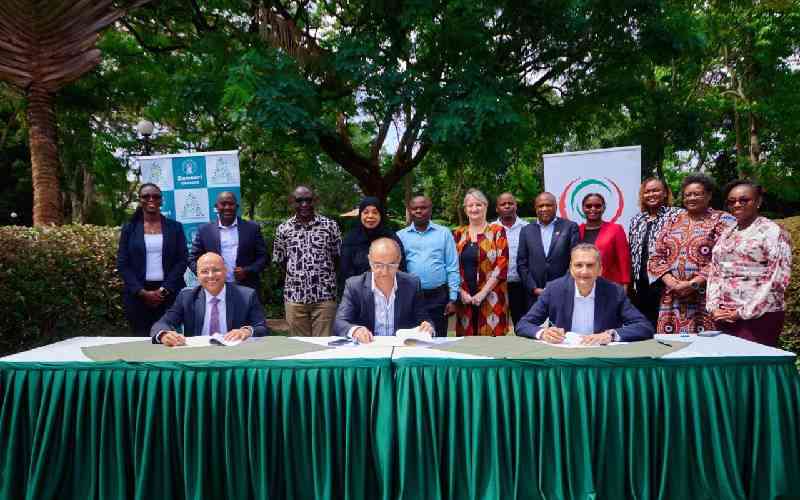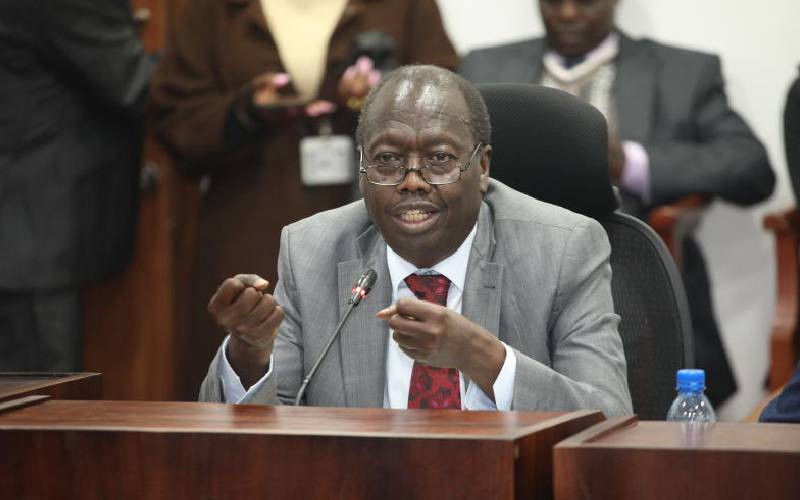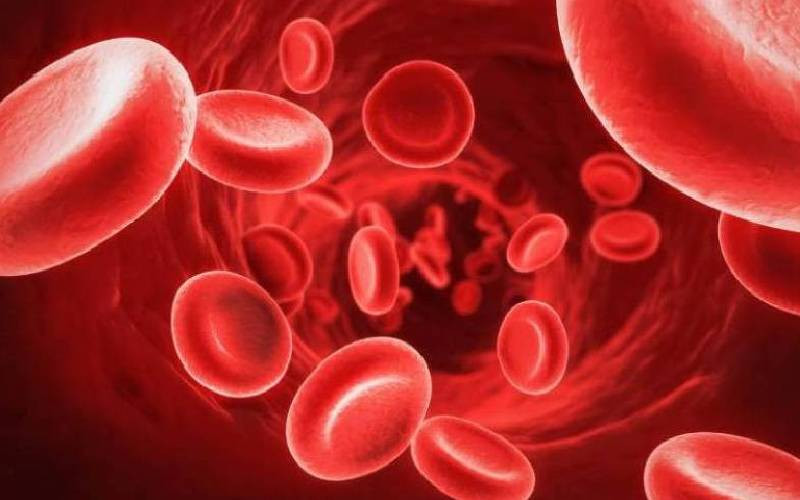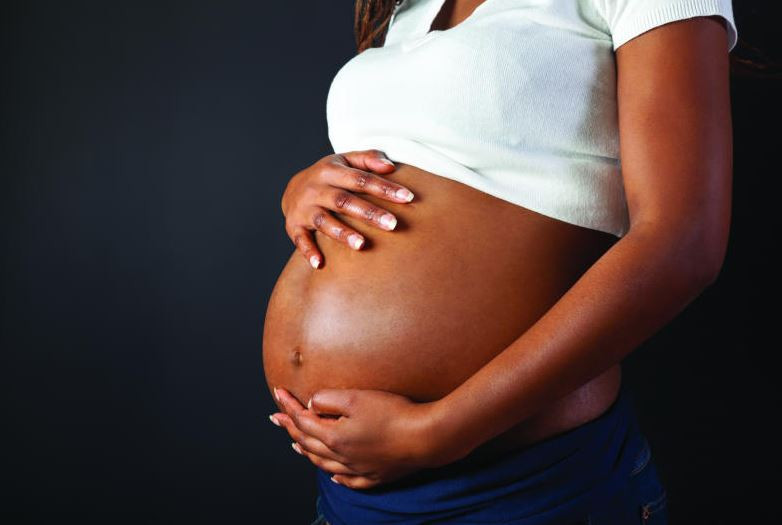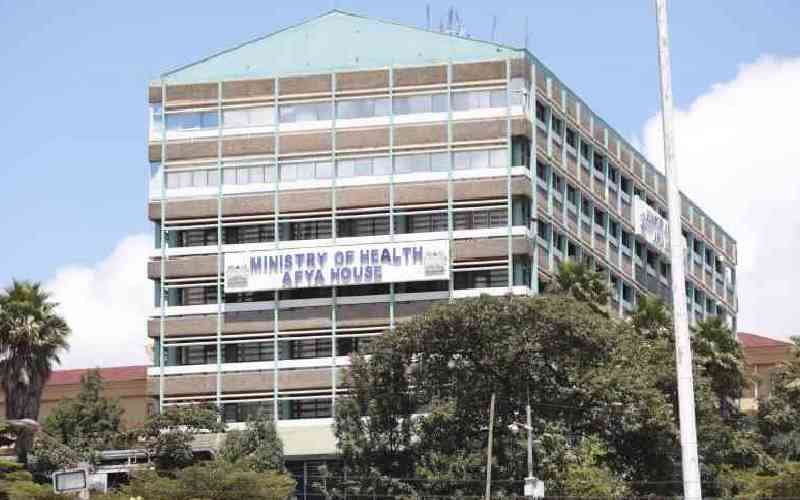
The Ministry of Health has been put in the spotlight over a controversial national health campaign partnership with British American Tobacco (BAT).
The Standard has established that the Ministry wrote a letter to BAT seeking partnership in a national anti-tobacco campaign targeting transport sector workers.
Critics now say the Ministry has shot itself in the foot by involving the tobacco industry, a move seen as counterproductive, especially at a time when the government is under pressure to strengthen tobacco control measures and policies.
The health outreach campaign is set to be launched on June 18, 2025, targeting 10 counties, with insiders saying the deal has already been signed, raising concerns about its potential impact on the fight against tobacco use.
READ: Health Ministry under fire after partnering with BAT in health campaign
BAT has confirmed to The Standard that it did receive a request from the Ministry of Health to partner in the health promotion campaign targeting long-distance and public transport drivers.
- Ministry, governors clash over ghost workers in health payroll
- Diabetes, hypertension silent killers in rural areas - medics
- High Court halts health ministry's nicotine ban directive
- 'I want to stop': Young Kenyans open up about struggle with masturbation
Keep Reading
“BAT Kenya received a letter from the Ministry of Health in May 2025 regarding ‘Partnership for health promotion activities targeting long-distance and public transport drivers,’” read a statement from BAT’s communications team in response to The Standard’s inquiry.
However, the company says it declined the request.
“We have responded to the letter, declining our participation in the activity, in line with the applicable Tobacco Control laws. We will continue to conduct our business and sell our products in line with the applicable local laws in the markets we operate,” the statement continued.
When asked to provide a copy of the letter sent to the Ministry formally declining the partnership, BAT declined to share the correspondence, stating: “We note your follow-up request below and advise that we cannot provide you with the correspondence between ourselves and the Ministry. Please refer to our official statement.”
Sources claim the existence of the letter points to ongoing engagements behind the scenes.
“BAT pays government officials across the world to secure favourable conditions for its products — including reduced regulation and taxation,” a source familiar with the matter alleged.
When asked whether BAT had responded to a formal request from the Ministry, Health Principal Secretary Mary Muthoni declined to comment further.
“I will not comment on this issue, please,” Muthoni told The Standard, saying, “I would prefer we focus on initiatives that are helping the general public, rather than engage in back-and-forth on who said what. That’s my take.”
In response to the Principal Secretary’s silence on the matter, a coalition of Kenyan civil society organisations under the Kenya Tobacco and Nicotine Tax Coalition (KTNTC) condemned the proposed partnership with BAT, calling it illegal, unethical, and a direct threat to public health.
“We reject any form of partnership between the Ministry of Health and British American Tobacco or any other player in the tobacco and nicotine industry,” the coalition said in a joint statement. “This is not only a violation of the law—it is a betrayal of the public’s trust.”
The organisations emphasised that the public expects the ministry to uphold its duty to safeguard citizens from the influence of the tobacco industry and to enforce Kenya’s tobacco control laws effectively.
“The public wants accountability, protection from the vested interests of the tobacco industry, and for the Ministry to fulfil its mandate of effectively controlling tobacco in the country,” the lobby said.
The coalition further criticised the Ministry’s continued silence, calling it unacceptable in the face of growing public concern.
They demanded that the Ministry issue a public clarification, retract the May 7 letter allegedly authored by PS Mary Muthoni, and offer a formal apology.
“We are calling for an immediate and transparent response from the Ministry,” the statement said, urging Parliament’s Health Committee, the Ethics and Anti-Corruption Commission (EACC), and the Auditor-General to launch an independent investigation to determine whether public funds or policymaking were compromised.
Earlier, the ministry distanced itself from the alleged BAT collaboration in the health campaign.
On Monday, PS Muthoni dismissed claims that there is collaboration with BAT to shape health-seeking behaviour among public transport workers.
The matter has raised public uproar, accusing the ministry of being in bed with the tobacco industry while claiming to stop tobacco use.
Muthoni said the allegations were a deliberate attempt to tarnish the Ministry’s efforts to reduce non-communicable diseases such as cancer, which are strongly linked to tobacco use.
“After seeing the letter circulating online, I flagged it as fake. The Ministry also issued a statement confirming it was fabricated,” Muthoni told The Standard in an interview.
She expressed concern over what she termed as a coordinated smear campaign by individuals exploiting tobacco control laws and policies to damage her reputation.
“There is a cartel pushing this narrative with the sole aim of destroying my image,” she said.
Muthoni reiterated her firm stance on tobacco control, emphasising that the crackdown will not stop.
“The crackdown on tobacco cannot be relaxed. It will continue,” she said. “I have been a leading advocate for a tobacco-free Kenya, even overseeing the closure of some companies. This hasn’t sat well with certain people and sectors.”
“Nevertheless, my stand remains—let us focus on the real issue. The crackdown on illegal tobacco products in the country will continue. These aimless letters circulating about BAT are a distraction. That is not what the public wants to hear. What people want to know is whether we are actively fighting tobacco or not.”
Muthoni maintained that claims of the Ministry working with BAT were misleading. She said she would only respond to such allegations if they were officially submitted to her office.
Over the weekend, the PS led a public sensitisation meeting in Kirinyaga County to address the dangers of tobacco and alcohol use. The meeting came amid a broader crackdown on industries involved in the sale and advertisement for tobacco products.
Muthoni, whose office champions preventive and promotive health to combat diseases such as cancer, affirmed that public health efforts would continue until there is a significant drop in related cases.
“We will go all out to ensure public health principles are upheld in this country. We cannot allow selfish interests to destroy a nation, a country, or an entire generation of young people,” she said.
She further emphasised the Ministry’s commitment to enforcing the law governing the sale, manufacture, and advertisement of all tobacco and nicotine-related products.
The PS further urged manufacturers and industry players to comply with the Tobacco Control Act, which restricts the production and distribution of nicotine products.
The Ministry of Health is seeking to amend the Tobacco Control Act to restrict nicotine products.
The review of the law is aimed at reinforcing Kenya's commitment to reducing tobacco and nicotine products affordability, curtailing the tobacco industry's influence, and fostering transparent and inclusive policymaking.
The current tax rates for cigarettes are Sh4,100 per mille for both plain cigarettes and cigarettes with filters.
ALSO READ: Health Ministry dismisses claims of alleged BAT collaboration in stopping tobacco use
According to the WHO recommendation, excise tax should be 70 per cent of the recommended retail price to curb cancer, diabetes and heart disease.
WHO notes that tobacco taxation can contribute to the prevention of 9,000 deaths every year in Kenya.
Since 2023, review of the Tobacco Control Act and Regulation has steadily gained traction, with the latest push coming from the Ministry of Health and Ministry of Interior and the National Administration.
Further lobby groups have been demanding a ban on tobacco products like nicotine pouches, such as Velo, and want tobacco products to bear high-resolution graphic images to show their impact on consumers and a ban on the promotion and sale of tobacco.
Additionally, they have been pushing for transparency in operationalisation of the Solatium Fund.
“I would like to ask the people involved to ensure they do not go against the law, and ensure that you think about the public good first before making that coin.
Think about people who are dying of cancer because of you, think about many children who have dropped out of school because of you. Think of many mothers whose children have been aborted because of you, think before you sell that product to any Kenyan, she cautioned.
 The Standard Group Plc is a multi-media organization with investments in media
platforms spanning newspaper print
operations, television, radio broadcasting, digital and online services. The
Standard Group is recognized as a
leading multi-media house in Kenya with a key influence in matters of national
and international interest.
The Standard Group Plc is a multi-media organization with investments in media
platforms spanning newspaper print
operations, television, radio broadcasting, digital and online services. The
Standard Group is recognized as a
leading multi-media house in Kenya with a key influence in matters of national
and international interest.

